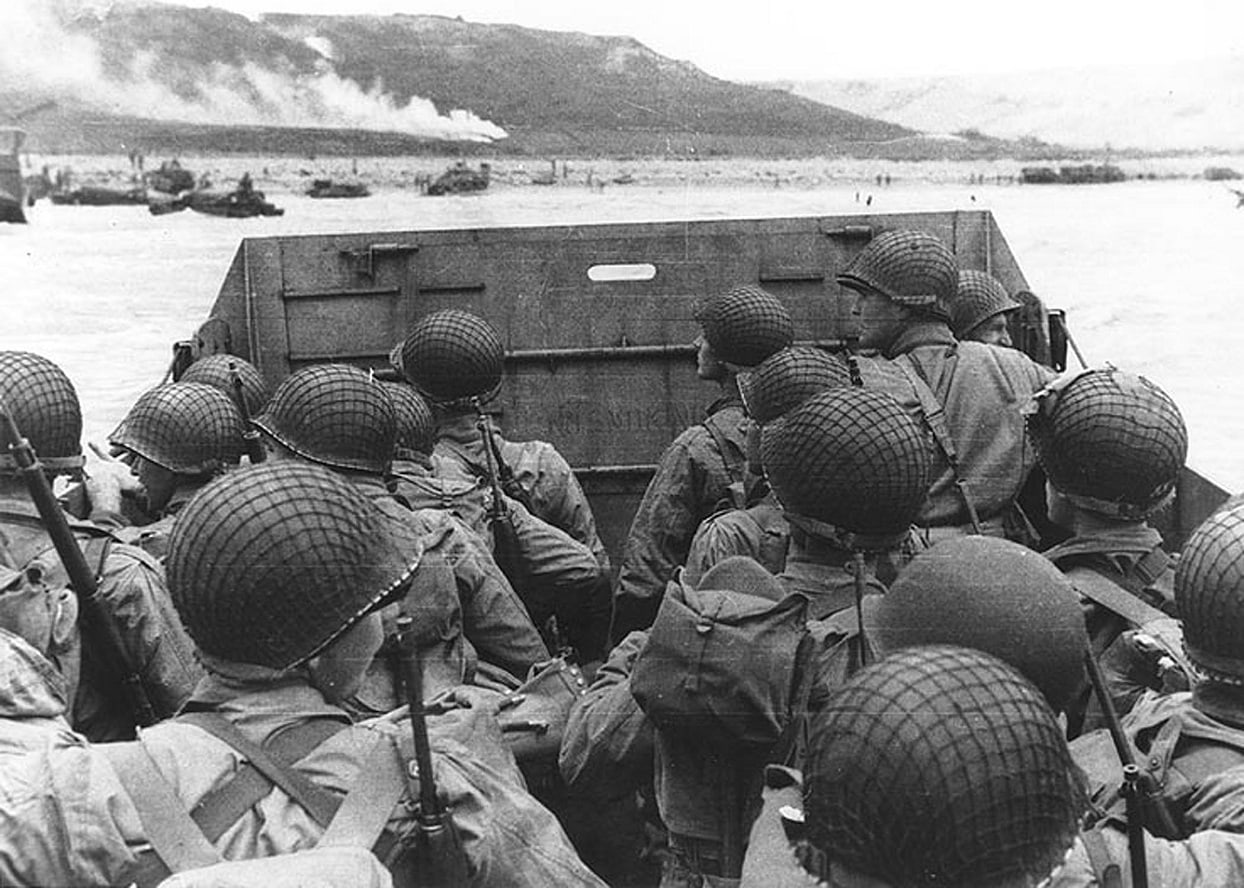Summary: As Americans celebrate Memorial Day, it’s essential to remember the sacrifices made by those who fought for the country’s freedom. This year’s Memorial Day also marks the 80th anniversary of D-Day, highlighting the critical role of Allied forces in World War II. The shared sacrifices of American, British, Canadian, and other Allied troops emphasize the importance of strong international alliances. Today, organizations like NATO and NORAD continue to embody this lesson, underscoring that peace and security are best achieved through cooperative partnerships.
Shortly Americans will be celebrating Memorial Day, perhaps the most solemn of our civic holidays, when we reflect on the men and women who gave their lives in war for our country’s survival and freedom.
This year’s Memorial Day comes less than a week before the eightieth anniversary of D-Day, June 6, 1944, when Allied forces returned to Nazi-occupied France. We recall those Americans who fell undertaking that enormous effort and honor their memory. But as we do so we should also remember that they did not fight and die alone. Our cause was shared by fighters from many other nations, who stood with them on the battlefield. We should not forget that victory was achieved both by America and America’s allies fighting together.
While our troops fought in that great battle and those that followed, so too did tens of thousands of Canadian and British soldiers, sailors and airmen. Of the five beaches the Allies landed on on D-Day, British troops handled two of them, and Canadians a third. Around the world, the Allied cause also depended soldiers from across the British, French, and Dutch empires and forces drawn from those who had escaped from their occupied homelands, famously the Free French, but also refugees from Poland, Norway, the Netherlands, Belgium, Norway, Czechoslovakia, and Greece.
After victory over the Axis, America’s leaders took to heart a great lesson learned at great cost —No nation which seeks peace and security can do it alone. Farsighted statesmen from both the United States and Europe came together to form the North Atlantic Treaty Organization—NATO—based upon the fundamental principle established in Article 5 of its founding charter that an attack against one is an attack against all. Also, together with Canada, with whom we share the world’s largest undefended border, we created the North American Aerospace Defense Command—NORAD—to patrol the skies above our shared continent.
While our alliances have served as vital deterrents against potential aggressors, the reality also is that from Korea to Afghanistan, when Americans have fought, they have not done so alone, but together with our trusted, valued allies.
And yet, staggeringly, for the four years, Donald Trump as president did not see our alliances as an asset. Rather, he treated these relationships, built up over decades, with undisguised contempt. Taking a legitimate concern about the need for our NATO allies to step up their defense spending to a grotesque extreme, he has recently called into question our solemn commitment to Article 5 of the NATO Charter, forgetting the fact the one time in which NATO actually invoked it was after 9/11.
Rather than use the power and prestige of the American presidency to deepen our relationships with our long time partners, he sought “friendships” with Russia’s Vladimir Putin, China’s Xi Jinping and North Korea’s Kim Jong Un. Little if anything was achieved by his outreach, founded as it was on the illusion that a rapport could be established from one “strong man” to another, while ignoring our longstanding interests and values. And doubtless these totalitarian leaders enjoyed the sight of our relationships with traditional democratic friends in disarray.
Trump’s successor. President Joe Biden, had to rebuild mutual trust with our key allies. Fortunately, thanks to his experience as a senator and as Barack Obama’s Vice President, he had the tools to do this job—as demonstrated by the remarkable coalition of nations resisting Russia’s invasion of Ukraine.
America cannot succeed in this world on the basis of bluster and improvisation but only through the patient work of building strong, lasting coalitions with our democratic allies. This was a lesson of World War II, and we shouldn’t forget it this Memorial Day.
About the Authors:
Bruce A. Heyman of Chicago, Illinois served as United States Ambassador to Canada, 2014-17. Richard M. Sanders of Philadelphia, Pennsylvania is a Senior Foreign Service Officer, Retired of the U.S. Department of State.

